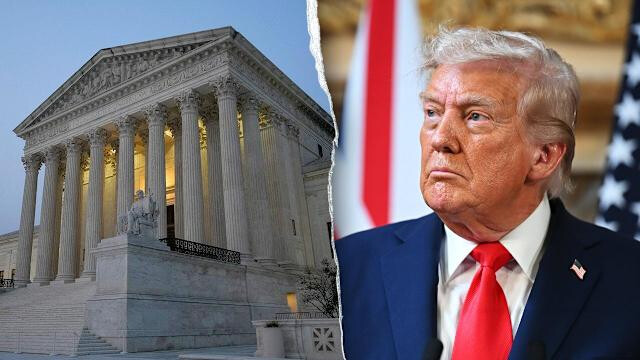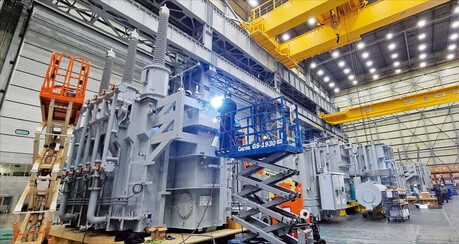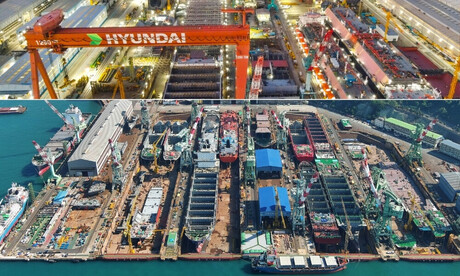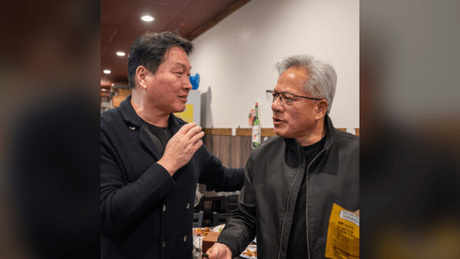
(C) AOL.com
Washington, D.C. - President Donald Trump issued a strong warning on November 6th, stating that a ruling against his administration's broad tariff policy by the U.S. Supreme Court would have "devastating" consequences for the country. The Supreme Court is currently reviewing the legality of the tariffs, which have been a cornerstone of the President's economic and foreign policy agenda.
Speaking at the White House after an announcement regarding obesity drug price reduction, President Trump characterized the ongoing legal challenge as "one of the most important cases in the history of our country." He emphasized the tariffs' crucial role in "defending our country" and their significance as a matter of national security.
The President asserted that the use of tariffs enabled the U.S. to secure substantial trade agreements. He specifically cited deals with the European Union (valued at $950 billion), Japan ($650 billion), and South Korea ($350 billion). Trump claimed that these financial commitments would not have materialized without the leverage provided by the tariffs.
Regarding the South Korea agreement, the two nations reportedly struck a deal where the U.S. would lower its reciprocal tariffs on South Korean goods from 25% to 15%. In exchange, South Korea pledged approximately $350 billion in investment in the U.S. The final factsheet detailing this trade off is expected shortly. It's noted that the President's $650 billion figure for Japan appears to be a slight error, as Japan's committed U.S. investment is closer to $550 billion.
President Trump cautioned that if the Supreme Court were to strip the executive branch of its tariff authority, the U.S. would be left "defenseless" against "tariff attacks" from other nations. He also highlighted the fiscal implications, stating the U.S. had "earned trillions of dollars through tariffs" and could be forced to refund trillions if the ruling goes against the government.
The administration’s defense before the Supreme Court focused on the President's authority under the International Emergency Economic Powers Act (IEEPA), though several justices, including some conservatives, expressed skepticism during the oral arguments about using this 1977 law for such sweeping tariff measures. Lower courts had already ruled that the tariffs constituted an illegal use of emergency power.
Concurrently, U.S. Trade Representative (USTR) Jamieson Greer acknowledged in a Fox News interview that a Supreme Court ruling against the administration could necessitate tariff refunds to affected businesses. Greer estimated the total refund amount could "exceed $100 billion" and potentially be "near or under $200 billion," stressing that the process of determining eligibility and issuing refunds would be complex.
Financial institutions, anticipating a potential ruling of illegality from the Supreme Court, have reportedly begun offering to purchase tariff refund claims from businesses that have incurred significant tariff liabilities. The outcome of this landmark case is poised to redefine the scope of presidential power in setting U.S. trade policy.
[Copyright (c) Global Economic Times. All Rights Reserved.]



























